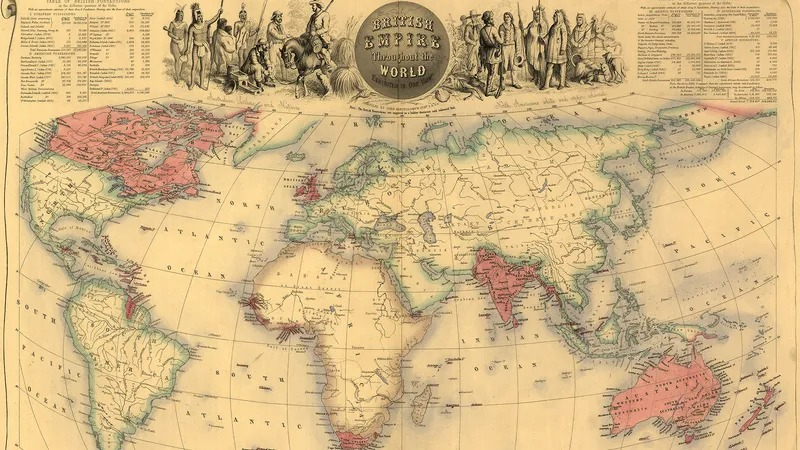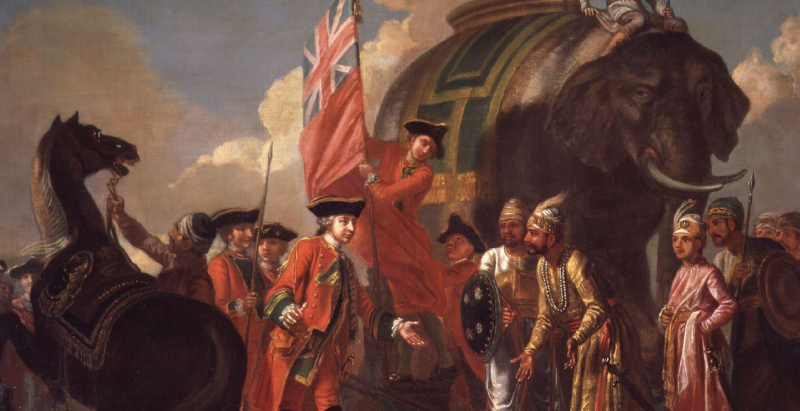British Empire
British Empire, a worldwide system of dependencies—colonies, protectorates, and other territories—that over a span of some three centuries was brought under the sovereignty of the crown of Great Britain and the administration of the British government. The policy of granting or significant degrees of self-government by dependencies, which was favored by the far-flung nature of the empire, led to the development by the 20th century of the notion of a “British Commonwealth,” including substantially self-governing dependencies that acknowledge an increasingly symbolic British sovereignty. The term was embodied in statute in 1931. Today the Commonwealth includes former elements of the British Empire in a free association of sovereign states.
At its height in 1920, the British Empire was the largest official kingdom in the world - one of the most powerful colonial empires of the 20th century. It controls 14 million square miles of territory or a quarter of the earth's surface. It has territories on every continent and rules between 400 and 500 million people, establishing a dominant position in global affairs. The main cause of British dominance was its industrial progress and technological innovation. During the second half of the 20th century, many countries gained independence from Britain. Its decline in dominance was due to the Second World War, where it accumulated a great deal of debt and was unable to support or afford an empire, and the growth of the United States and Russia, which has now become a global superpower.
- Major Events: British raj, North Africa campaigns, American Revolution, New Imperialism, French and Indian War
- Key People: William Pitt, William Pitt the Elder, Robert Clive, Warren Hastings, Frederick Lugard












